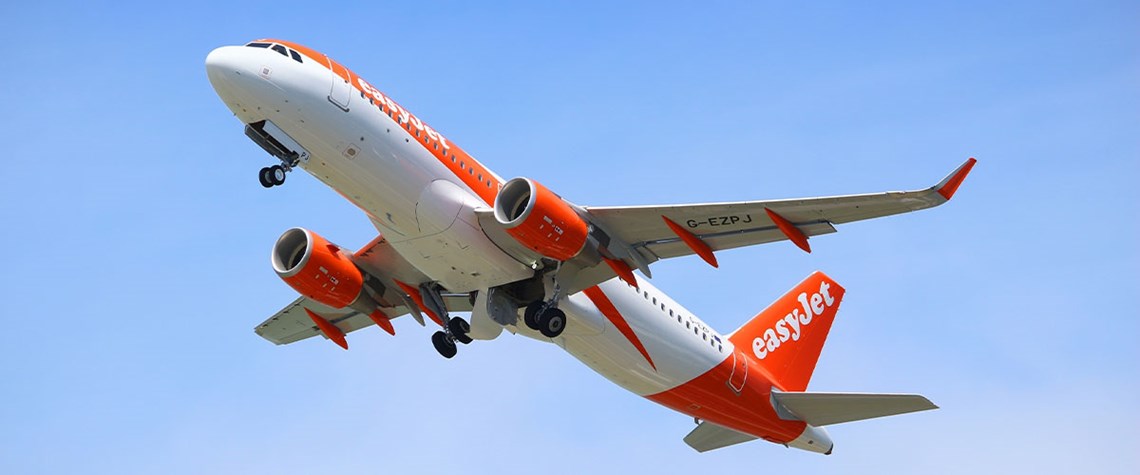Aviation requires suite of technologies to decarbonise
Sustainable aviation fuel likely to be responsible for bulk of decarbonisation before 2050
The aviation sector will employ a range of technologies to decarbonise, according to panellists at last week’s FT Hydrogen Summit. While smaller aircraft are likely to be powered by battery engines, compressed hydrogen and hydrogen fuel cells, the global fleet of larger planes will likely opt for sustainable aviation fuel (SAF) and, later, liquid hydrogen, according to David Morgan, director of flight operations at airline Easyjet. “There will be a number of different fuels: it is not either/or,” he says. This means developing dual-fuel infrastructure—although this should not be an issue as SAF is effectively a drop-in fuel and a liquid hydrogen network could be built up slowly. “We will see

Also in this section
26 July 2024
European offtakers and strategic investors start to unlock North African country’s vast potential as a green hydrogen and ammonia supplier
25 July 2024
Investment in 100MW green hydrogen facility in Germany comes as oil major’s wider transition strategy comes under scrutiny
24 July 2024
World’s largest green fertiliser supply agreement puts Villeta project in Paraguay on track for FID later this year
23 July 2024
Awards experience 20% increase in nominations this year, with submissions from 27 countries







